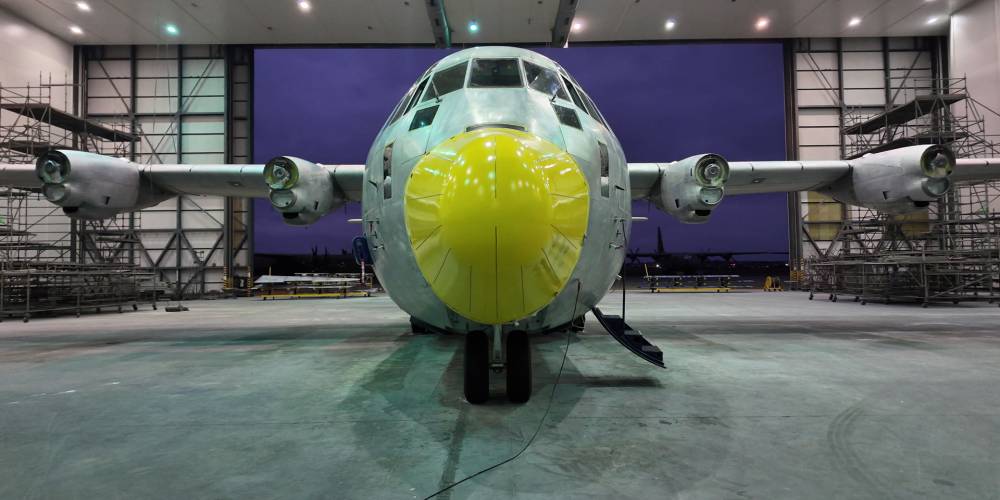Copyright © 2026, Marshall of Cambridge (Holdings) Limited. Registered in England and Wales. Company No: 02051460. Registered Office: Control Building, The Airport, Newmarket Road, Cambridge, CB5 8RX. All rights reserved. Contains public sector information licensed under the Open Government Licence v3.0.
